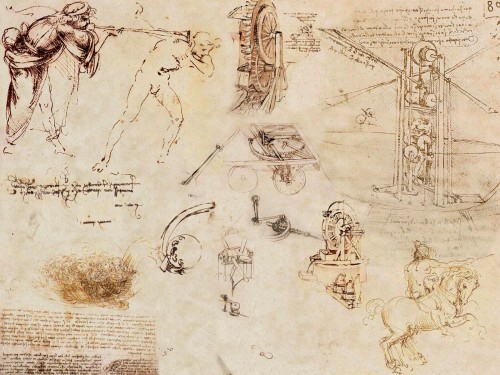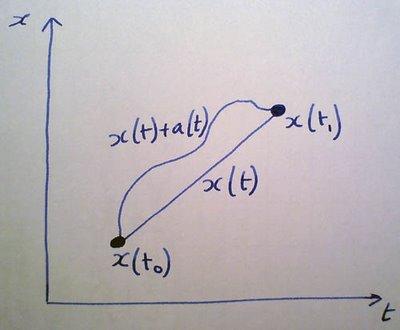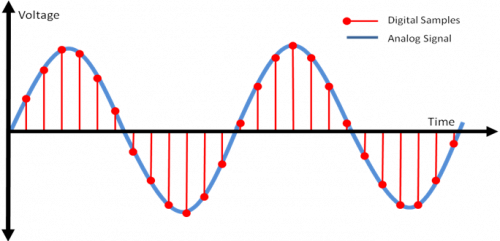Food for Thought
Friday, July 31st, 2009
When I stop and think – imagine – the most fantastic images come to mind. I know I’m getting the smallest sliver of a glimpse inside of my subconscious and my conscious mind is futilely attempting to make sense of it in the terms it understands: vision, hearing, etc. This process is so amazing that I’ve never been able to convey it very well, although I’ve no doubt that other designers have a similar experience. Most likely even more so.
That’s the first step. Thinking. Imagining. However, for others to benefit from this process it is necessary next to do something. A former professor of mine, Carl Pavarini, once said “Ideas are worth their weight in gold.” After the class full of engineers enthusiastically agreed, Dr. Pavarini then posed the question “How much does an idea weigh?” Ouch. It’s a tough pill to swallow, but it’s painfully true. You must do something – whether your medium is paint, words, code, or solder.
I’m not sure what’s more incredible: the fact that I have the great joy of experiencing these creative visions or the fact that so many others have as well! The following quotes provide terse insight to the inner workings of great minds. These are the thoughts of the giants on whose shoulders we have all stood. The best innovators distinguish themselves by not fearing to stand at such a great height.
“I do not think there is any thrill that can go through the human heart like that felt by the inventor as he sees some creation of the brain unfolding to success… such emotions make a man forget food, sleep, friends, love, everything.” — Nikola Tesla
“But I think Steve’s [Jobs] main contribution besides just the pure leadership is his passion for excellence. He’s a perfectionist. Good enough isn’t good enough. And also his creative spirit. You know he really, really wants to do something great.” — Andy Hertzfeld
“People take the longest possible paths, digress to numerous dead ends, and make all kinds of mistakes. Then historians come along and write summaries of this messy, nonlinear process and make it appear like a simple, straight line.” — Dean Kamen
“An essential aspect of creativity is not being afraid to fail.” — Edwin Land
“One of the unfortunate things about our education system is that we do not teach students how to avail themselves of their subconscious capabilities.” — Bill Lear
“One always has to remember these days where the garbage pail is, because it’s so easy to make sounds, and to put sounds together into something that appears to be music, but it’s just as hard as it always was to make good music.” — Robert Moog
“With all the knowledge and skill acquired in thousands of flights in the last ten years, I would hardly think today of making my first flight on a strange machine in a twenty-seven mile wind, even if I knew that the machine had already been flown and was safe.” — Orville Wright
“Knowing is not understanding. There is a great difference between knowing and understanding: you can know a lot about something and not really understand it.” — Charles Kettering
“Opportunity is missed by most people because it is dressed in overalls and looks like work.” — Thomas Edison
“The real secret of success is enthusiasm.” — Walter Chrysler

